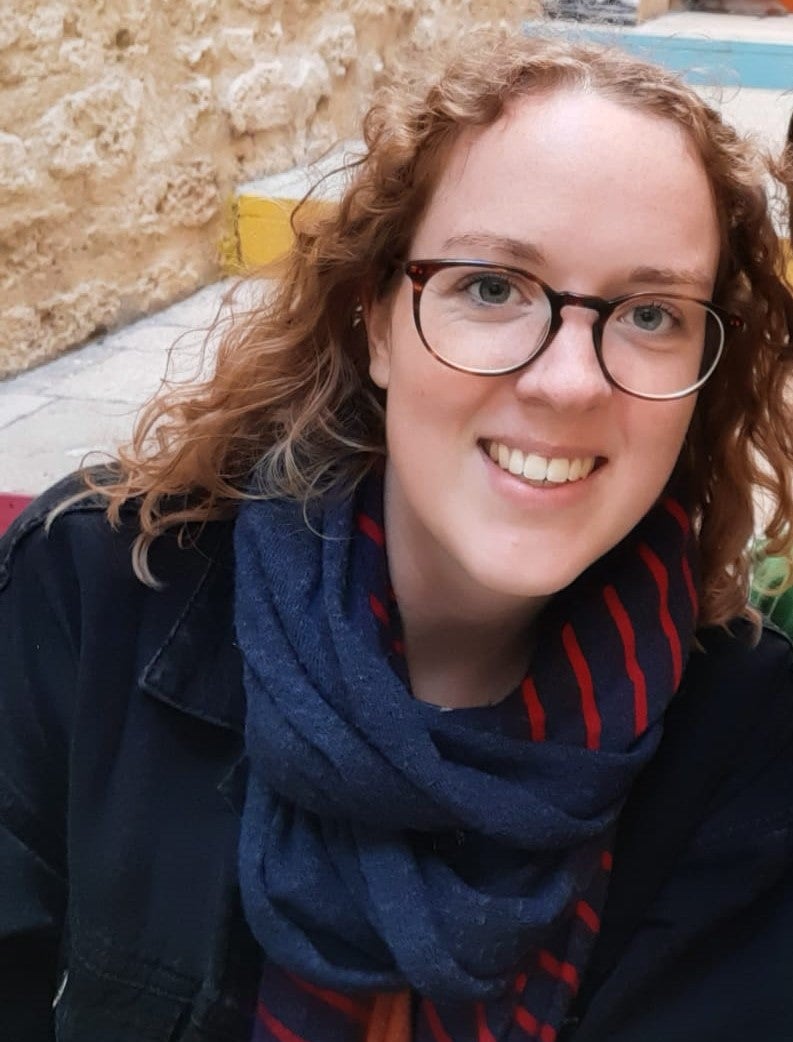Our application deadline has passed, it is no longer possible to apply for this course. We will announce the courses in August 2023. Please leave your details to receive the announcement when we open registrations for VU Graduate Winter School 2024.
Even though the conflict in Ukraine has been ongoing since 2014, the invasion of Western Ukraine in February 2022 created unparalleled shockwaves in the Western world. The conflict has unleashed a wave of accountability efforts nationally and internationally, focusing on potential war crimes and their perpetrators, including individuals currently in power. The accountability landscape is increasingly complex: the Ukrainian government, UN bodies, national governments, the International Criminal Court and human rights organisations are in the process of collecting and preserving evidence for future criminal trials or other forms of accountability with unprecedented haste.
In this course, guided by prominent scholars and practitioners of international criminal law, students will examine the variety of legal and policy instruments that have been deployed in response to the war in Ukraine, particularly focusing on the events of 2022. The aim of the course is twofold: (i) to examine the steps that have already been taken, and (ii) to think creatively of further avenues for accountability: where, when, and in what format could justice processes (not limited to criminal justice) take place?
This course discusses:
- The legal basis of (criminal) accountability efforts for conflict-related crimes in Ukraine.
- The compatibility (or lack thereof) of accountability efforts that have been launched to date.
- The challenges and opportunities of documentation and investigation specific to this conflict: citizen participation, open source investigations, digital evidence.
- The role of the International Criminal Court.
- Alternative avenues for justice: Ukraine tribunal, civil remedies, reparative and restorative justice.
- The potential use of the crime of aggression doctrine to prosecute state leaders.





